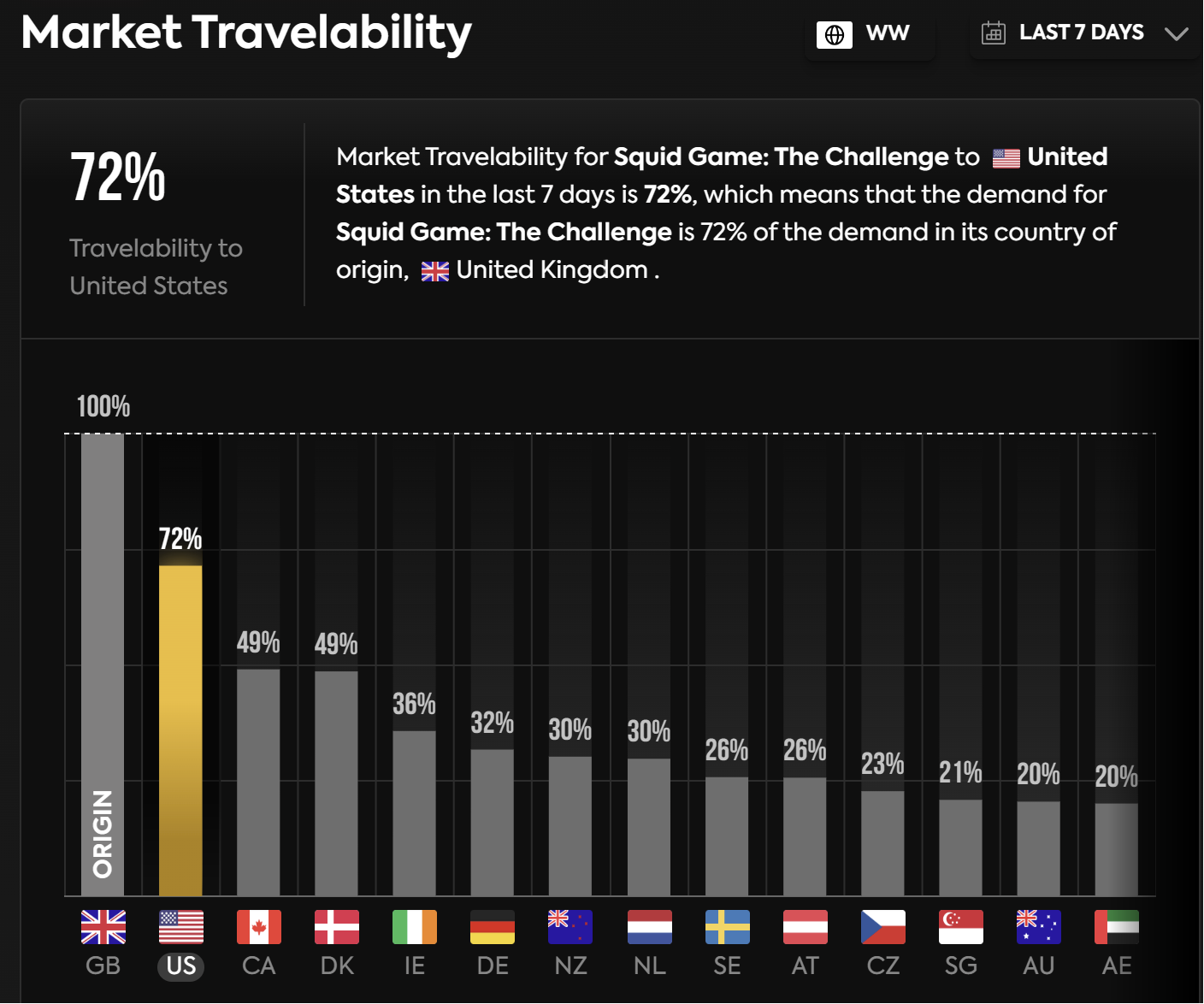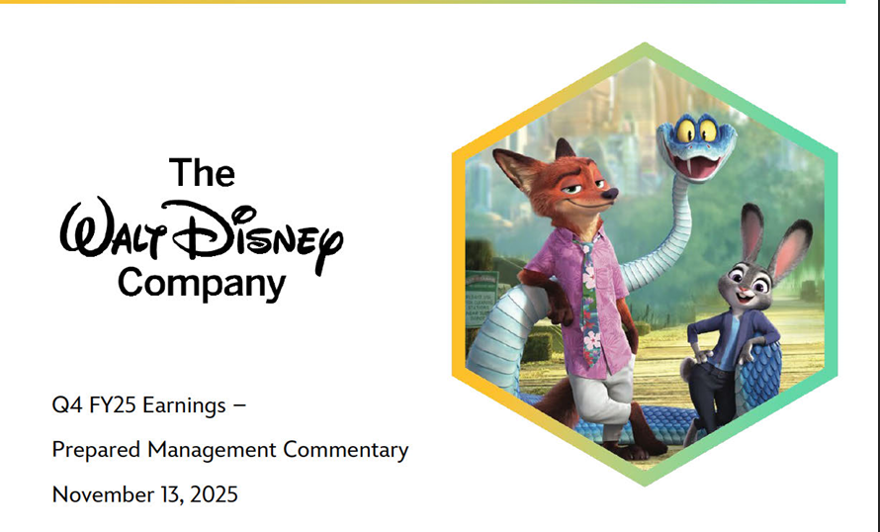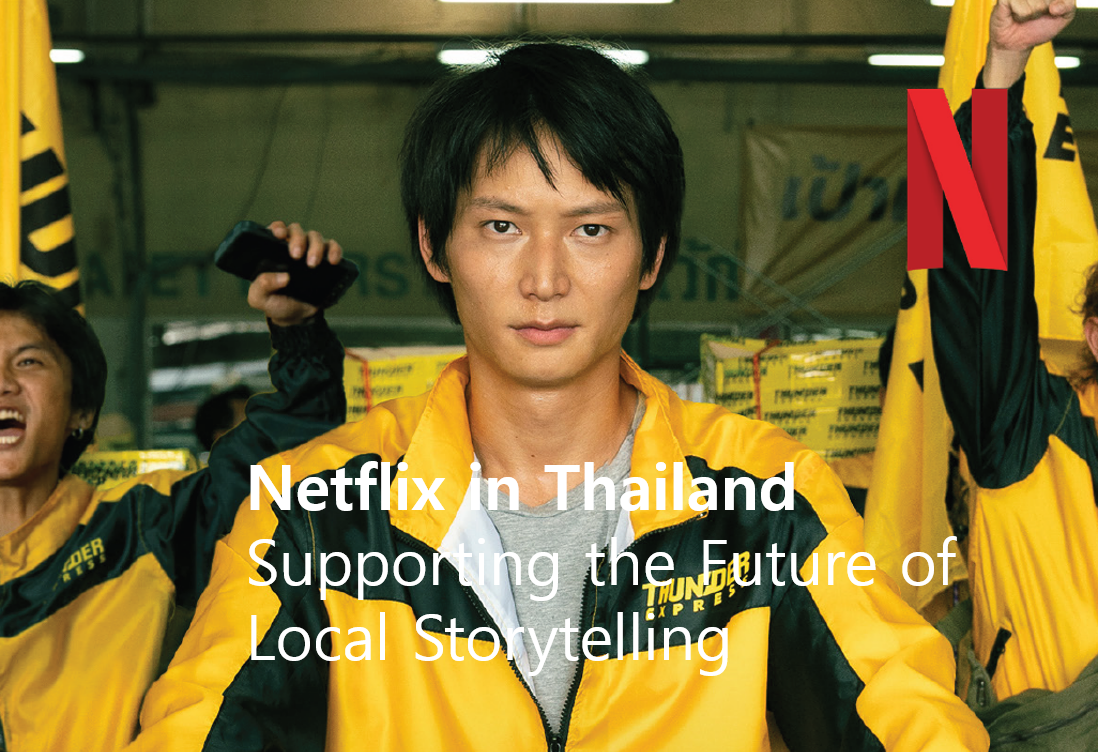‘오징어 게임: 더 챌린지’...원조의 정체성을 잃다('Squid Game: The Challenge'...losing its original identity)
전 세계적인 K-콘텐츠 열풍을 일으킨 ‘오징어 게임(The Squid Game)’의 예능 버전으로 시작 전부터 주목을 받았던 ‘오징어 게임: 더 챌린지’는 드라마의 외피를 그대로 띄고 있다. 시리즈와 같이 456명의 참가자가 456만 달러(59억 2,800만원)의 상금을 차지하는 최후의 승자를 되기 위해 다양한 게임을 도전하는 서바이벌 예능이다.
많은 사람들이 한국 오리지널로 알고 있지만 사실은 아니다. ‘더 트레이터스’와 같은 게임 쇼로 유명한 영국 스튜디오 램버트(Studio Lambert)가 제작했다. 이 프로그램은 시작부터 많은 기록을 만들었다. 글로벌 참가자 및 예능 프로그램 시상 역사상 가장 큰 상금과 출연자 수를 보유하고 있다.
그러나 많은 기대와는 달리, 시작 초반에는 삐걱거리는 모습이다. 데드라인 등의 보도에 따르면 영국 로펌 익스프레스 솔리시터스(Express Solicitors)가 '오징어 게임: 더 챌린지' 참가자 2명을 대리해 프로그램 제작사인 스튜디오 램버트에 배상 청구서를 보냈다. 이 로펌의 대니얼 슬레이드 최고경영자(CEO)는 성명에서 "촬영장의 열악한 보건 및 안전 기준으로 인해 참가자들이 저체온증과 신경 손상 같은 부상으로 고통받았다"며 "그들은 엔터테인먼트라는 명목으로 안전의 범위를 넘어섰다"고 주장했다. 이 프로그램 대변인은 "참가자 중 누구도 소송을 제기하지 않았다"며 "우리는 참가자들의 복지를 매우 중요하게 여긴다"고 데드라인에 밝혔다.
[오징어게임:더 챌린지, 기대와는 달리 낮은 평가]
평가도 그리 좋지 않다. 할리우드리포터는 이 쇼가 오리지널 드라마 시리즈의 미학을 충실히 재현하기는 했지만, 비평가와 시청자들에게는 큰 인상을 주지 못했다고 평가했다. 2023년 11월 26일 현재 미국의 영화·TV 콘텐츠 평점 사이트 로튼토마토에서 비평가들이 매긴 신선도지수는 42%(100% 만점), 관객 평점은 87%다.
또 평단에서도 ‘오징어 게임’이 담고 있던 사회적 메시지를 너무 가볍고 밝은 예능으로 바꾸면서 원조의 정체성을 잃었다는 지적도 많이 나오고 있다.
원조 드라마 ‘오징어 게임’은 자본주의와 돈의 힘이 인간의 심리에 미치는 영향에 대한 사회 비판적 시각이 인기의 원이었다. 등장인물들은 결점투성인 인물들로, 경제적 어려움과 절박함에 이끌려 게임에 참가했다. 이에 게임은 게임은 단순히 생존을 넘어 인간의 도덕성에 대한 시험으로 치환됐다.

하지만, ‘더 챌린지’에서는 참가자들이 게임을 즐기는 모습을 강조하며 사회적, 심리적 측면보다는 상금에 집중하는 모습을 보여줬다. 폭력적이고 치명적인 본성을 유쾌하고 현실적으로 보여주는 서바이벌 예능으로 변화함으로써 극단성과 긴박감을 휘발됐다.
물론 '오징어 게임: 더 챌린지'는 원작의 느낌을 유지하기 위해 계속 노력했다. 동일한 세트와 익숙한 배경 음악은 팬들에게 새로운 느낌을 전달하면서도 익숙함을 유지하게 했다. 하지만, 여기에 게임 요소를 더하고 참가자들의 탈락 요소를 추가했다.
[캐릭터의 다양성과 매력 부족은 가장 큰 단점]
그러나 장점은 여기까지였다. 특히, 공개 후 가장 큰 비판 중 하나는 응원할 만한 캐릭터가 없다는 것이었다. 또 지나치게 서양에 치우친 캐릭터들과 한국인이 없었다는 점도 논란이 됐다. 오징어게임 IP를 한국이 가지고 있지 않은 상황에서 어쩔 수 없는 현실이었다. 결국 '오징어게임: 더 챌린지'는 볼만한 예능이자 서바이벌 게임이지만, 원작 드라마를 뛰어넘을 작품성을 가진 콘텐츠는 아니다.
뉴욕타임스의 제임스 포니워직 기자는 기사에서 "‘더 챌린지’는 드라마 오징어 게임의 극단적인 요소를 피하려고 노력한다"며 "시청자들의 가슴을 울릴 디스토피아가 없다"고 설명했다.
한편, 오징어게임: 더 챌린지 시리즈는 총 10개 에피소드로 구성됐으며 11월 22일 5회까지 공개됐다.
"Squid Game: The Challenge” - A Mirrored Spectacle Wins in Irony
"Reality TV's Desperate Bid for Entertainment Falters in the Shadow of Social Commentary”
Stepping into a familiar scene, 456 individuals clad in identical green jumpsuits stand poised before a towering robotic doll, its piercing gaze ready to unleash a deadly game of red light, green light. This isn't the dystopian world of Netflix's hit Korean series Squid Game; it's the reality show "Squid Game: The Challenge," where real people compete in a replica of the show's deadly games for a chance at a life-altering $4.56 million prize.
While visually reminiscent of the original series—the vibrant jumpsuits, vivid sets, and childhood games turned lethal—the show trades the depth of its predecessor for sheer entertainment. Critics argue that in its attempt to transform the dark and thought-provoking themes of the original into a lighthearted reality show, the new iteration loses the essence that made the original impactful.
The original "The Squid Game'' was a social commentary on the dark side of capitalism and the lengths to which people will go for money. The majority of characters were all deeply flawed individuals, driven by desperation and greed. The games were not just about survival; they were a test of human morality, forcing the contestants to confront their own inner demons.
Contrarily, “The Challenge” showcases participants reveling in the games, focusing more on winning the prize than grappling with societal or psychological issues. It’s a lighthearted romp, maintaining the visual appeal and excitement of the games without people actually fighting to the death on live TV (See: The Hunger Games), but expectations set by the original posed a challenging task for producers trying to match the extremity and suspense of the original.
The show does try to retain some essence by exploring contestants’ backgrounds and motivations, delving into motivations for joining and adding new twists to the games. For example, players can choose to eliminate one another by choice, adding a flair of mystery to the competition. Even those who could be predicted as winners can be eliminated at random.
Coupled with the painstakingly reproduced setting, familiar background music and games, it introduces the show to fans as something new yet oddly familiar.
The show attempts to mimic character archetypes from the original but falters in creating likable figures. Complaints arise regarding its 'Westernization,' featuring majority Americans and stereotypical alpha-males, more irksome than intriguing.
Following its release, however, there have been complaints of “inhumane” treatment during filming, such as being forced to sit through cold temperatures and long filming hours, though this was denied by Netflix. Other reports claimed of rigged production, having pre-chosen “main characters” who would move on, while the others were eliminated.
The show also sports a majority American cast, and it has been reported that Koreans were not involved in the creation of the show. This raises concerns about the future of K-content in the streaming era as IP owned by Netflix and other large companies could be sending the Korean industry into a crisis.
Despite being mistaken for a second season, “The Challenge” stands as a separate entity, a reality show meant for goofy entertainment, not social commentary. Yet, it cannot escape the fact that it ironically is capitalizing on the same theme the original was critiquing, the exploitation of misfortune.
If you're looking for a fun and escapist show to watch, it may be worth your time. However, if you're seeking a show with depth, complexity, and social commentary, you're better off sticking to the original "Squid Game."
New York Times TV critic, James Poniewozik writes, “The Challenge" shies away from everything in "Squid Game" that cut to the jugular -- in particular, the commentary about how capitalism pits ordinary people in gladiatorial combat,” adding “there is no dystopia so chilling that, with the right production values, you can’t sell it back to the audience as escapist fun.”
Filmed in the UK by Studio Lambert, known for game shows like “The Traitors,” it boasts a global cast and the biggest prize and cast in the history of reality TV. The ten-episode series was released November 22 with the finale slated for December 6. There are currently five episodes available for viewing on Netflix (as of Nov 26, 2023).






![[프리미엄 리포트] 미국 케이블TV 2025, 변화와 미래 전략](https://cdn.media.bluedot.so/bluedot.directmedialab/2025/05/vj931j_202505270106.png)








